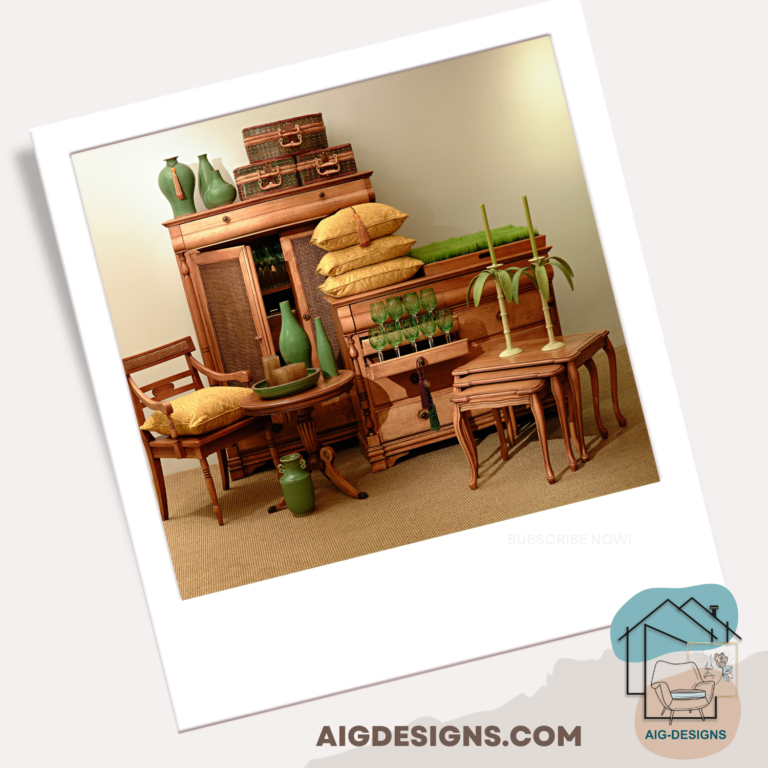
A degree in interior design can open up a wide range of career opportunities in various industries. Here are some of the job roles you can pursue with an interior design degree:
- Interior Designer: This is the most common career path for individuals with an interior design degree. Interior designers plan and create functional and aesthetically pleasing interior spaces for residential, commercial, or industrial settings.
- Commercial Interior Designer: Commercial interior designers focus on designing spaces for businesses, such as offices, retail stores, restaurants, hotels, and other commercial establishments.
- Residential Interior Designer: Residential interior designers specialize in designing living spaces, such as homes, apartments, and condominiums, to meet the specific needs and preferences of homeowners.
- Hospitality Designer: Hospitality designers work on creating interior spaces for hotels, resorts, restaurants, and entertainment venues, ensuring a welcoming and visually appealing environment for guests.
- Retail Store Designer: Retail store designers are responsible for designing retail spaces to optimize layout, product displays, and customer experience, with the goal of increasing sales and brand identity.
- Exhibition Designer: Exhibition designers plan and design layouts for trade shows, museums, galleries, and other events, creating engaging and immersive environments to showcase products, art, or information.
- Set Designer: Set designers work in the entertainment industry, designing sets for television, film, theater, and events. They create environments that enhance storytelling and visually support the production.
- Furniture Designer: Furniture designers focus on designing furniture pieces that are functional, aesthetically pleasing, and aligned with current design trends. This can involve designing both mass-produced and custom pieces.
- Kitchen and Bath Designer: Kitchen and bath designers specialize in designing functional and appealing kitchen and bathroom spaces, considering factors such as layout, materials, and plumbing.
- Sustainable Design Specialist: With a growing focus on sustainable design, some interior designers specialize in creating environmentally friendly and energy-efficient spaces.
- Color Consultant: Color consultants work with clients to choose the appropriate color palettes for interior spaces, taking into account factors such as lighting, mood, and design aesthetics.
- CAD Designer: Computer-Aided Design (CAD) designers use software to create detailed drawings and plans for interior spaces, helping architects and other professionals understand the design concepts.
- Freelance Designer: Many interior designers choose to work independently as freelancers, taking on a variety of projects and clients to offer their expertise and design services.
- Design Educator: Some individuals with advanced degrees and significant industry experience choose to become educators, teaching interior design at colleges, universities, or design schools.
- Design Consultant: Design consultants offer expert advice and recommendations to clients looking to improve their interior spaces, providing guidance on layouts, furniture choices, color schemes, and more.
These are just a few examples of the many career paths you can pursue with an interior design degree. The field of interior design is diverse and evolving, offering opportunities for creativity, innovation, and specialization.




